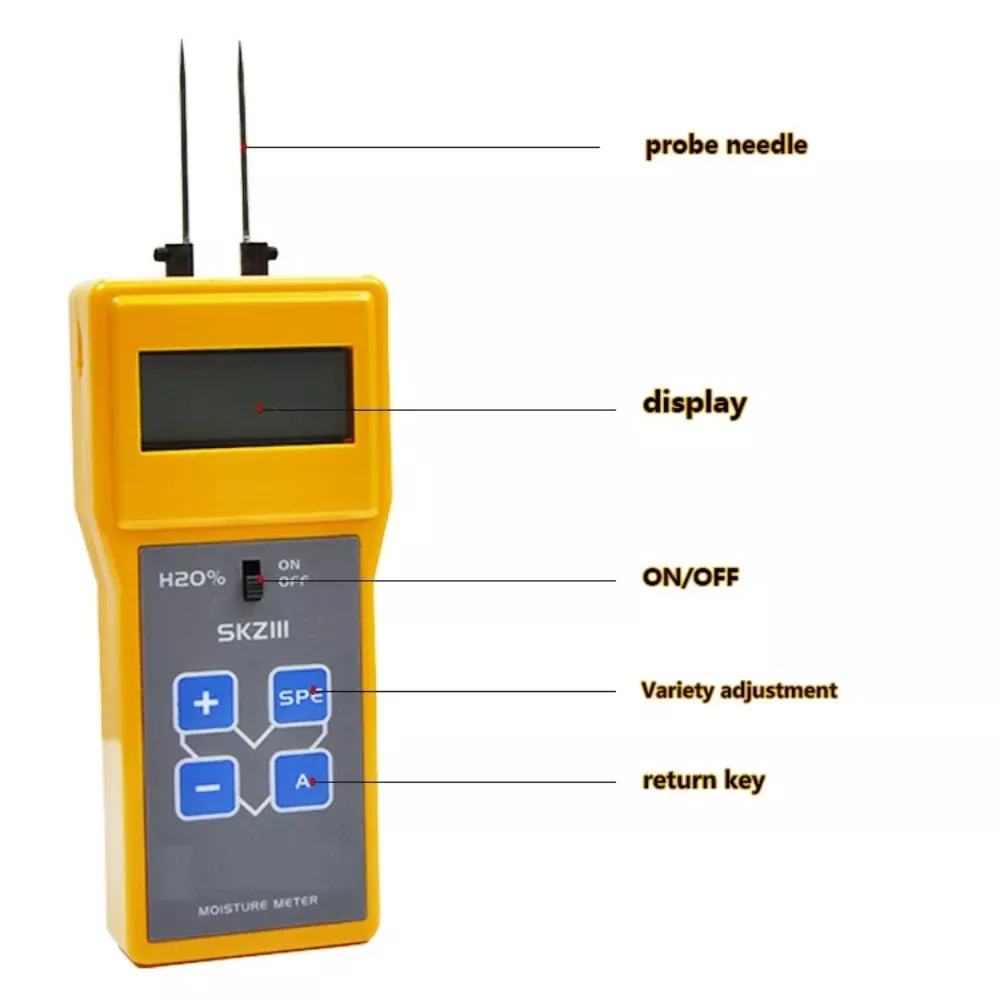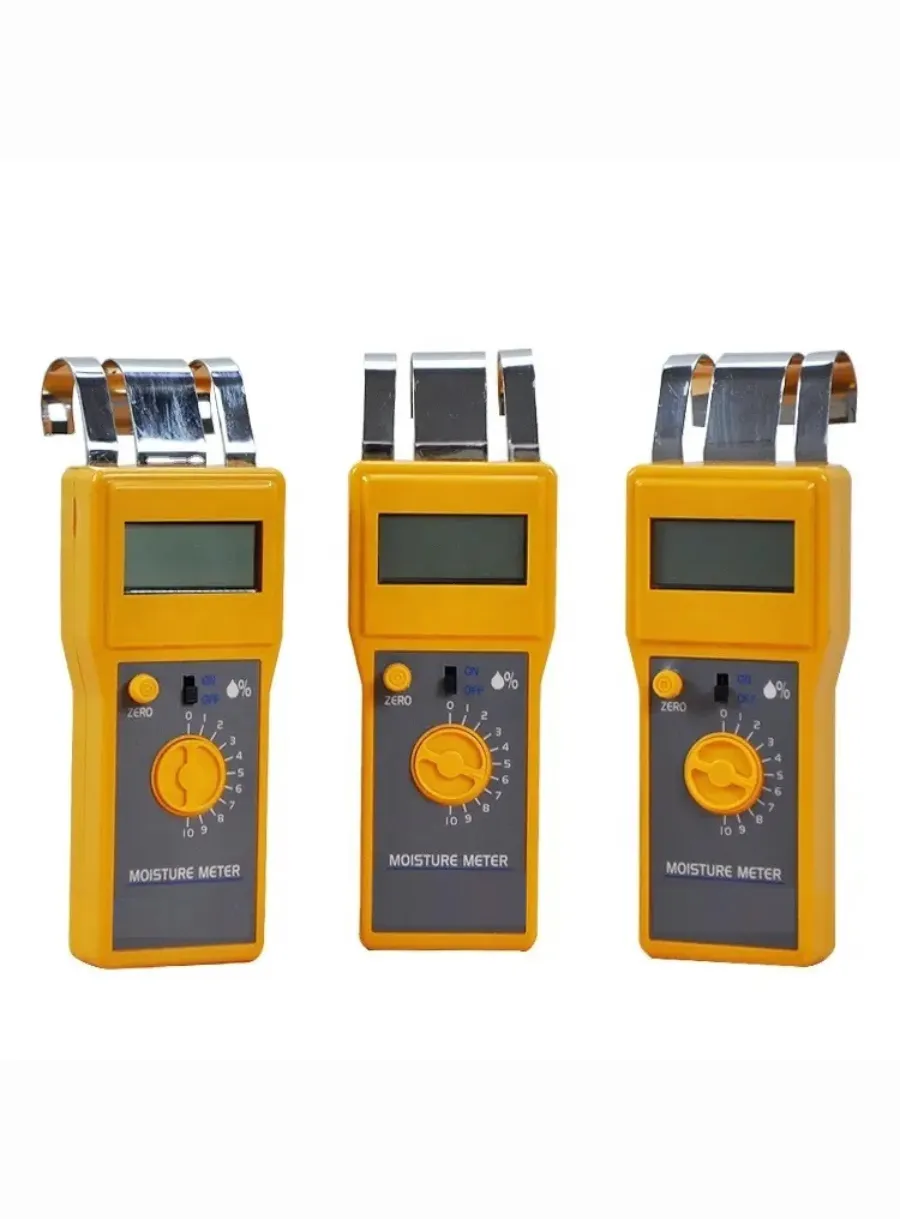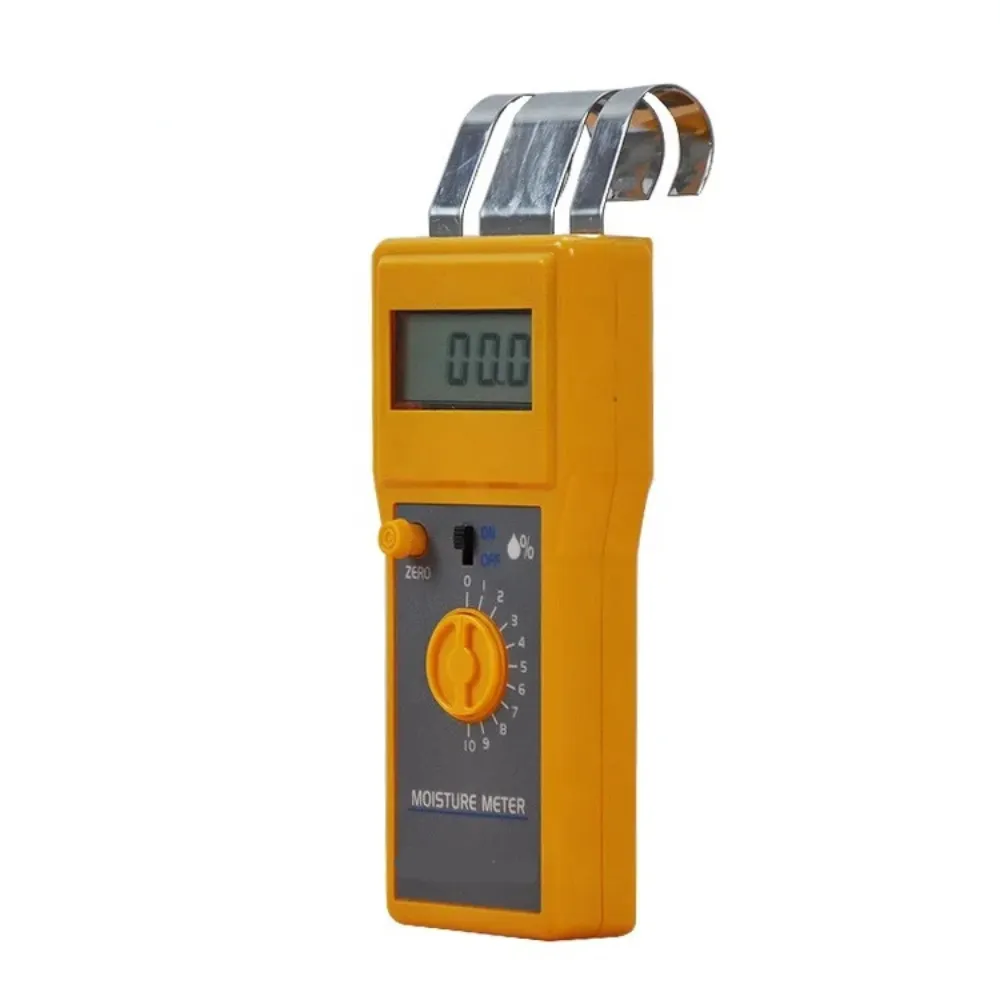
Advantages and Disadvantages of Cotton Moisture Meters
Table of Contents

Key Advantages of Cotton Moisture Meters
Cotton moisture meters offer significant benefits, particularly in agricultural and industrial settings. One of the primary advantages is that these devices do not leave any holes or marks on the material being tested, making them ideal for use in situations where surface damage is not acceptable. This non-destructive testing method helps in preserving the integrity of cotton bales and other materials. Additionally, moisture meters play a crucial role in ensuring the safety and quality of products by detecting moisture levels that could lead to mold growth or damage. Moreover, moisture meters assist farmers in monitoring the moisture content of crops, ensuring healthy growth and optimal harvest conditions. By providing accurate moisture readings, these devices help in making informed decisions that can enhance crop yield and quality.
Despite their advantages, cotton moisture meters also have certain drawbacks. One notable disadvantage is their cost; they tend to be more expensive than simpler models that utilize pins, which may deter some users. Furthermore, the complexity of these advanced moisture meters requires a higher level of skill and understanding from the operators. Incorrect usage can lead to inaccurate results, making it essential for users to invest time in understanding how to operate these devices properly before deploying them on important tasks.

Comments
Tags
Frequently Asked Question
Cotton moisture meters offer non-destructive testing, preserving the integrity of cotton bales by not leaving holes or marks on the material being tested.
Moisture meters help detect moisture levels that could lead to mold growth or damage, ensuring product safety and quality. They also assist farmers in monitoring crop moisture content for optimal growth and harvest conditions.
A notable disadvantage is their higher cost compared to simpler pin-based models, which may deter some potential users.
The complexity of advanced moisture meters requires a higher level of skill from operators. Incorrect usage can lead to inaccurate results, making proper training essential for effective deployment.

